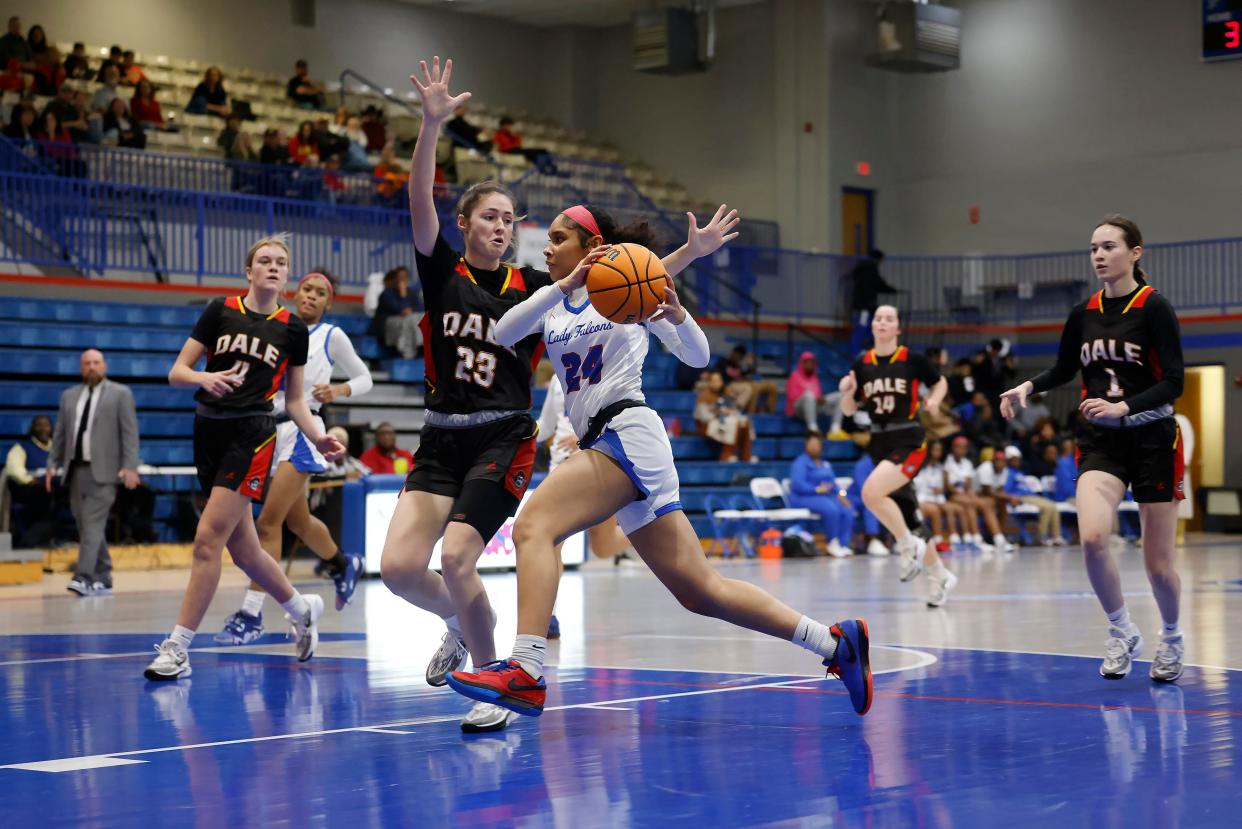Coaching would be great, if it wasn't for the parents. Here's what experts advise to keep things civil

Parents want the best for their kids in youth sports, but sometimes their tempers get the best of them.
According to Evolve Adolescent Behavioral Health, tempers can fly at any time - when refs make the wrong calls, coaches don't give equal playing time to their kids or the coach makes bad decisions. But that flash of rage can negatively affect the child's view of sports or their parent, and even get adults ejected from future games.
In Oklahoma, parent behavior affecting coaches isn't uncommon.
The Elgin girl's basketball coach resigned this week after a parent reportedly cursed and yelled at her during a recent tournament. The coach, Whitney Ludwell, said hostile behavior in parents is becoming increasingly common at sporting events.
Here's what policy says about unsportsmanlike conduct and how to deal with a parent showing bad behavior at a game.
OSSAA's sportsmanship policy
The Oklahoma Secondary School Activities Association implemented a sportsmanship policy to curb such acts by fans, players and coaches, even suspending an offender from participation in a sporting activity for the remainder of the season after more than one violation of the policy.
According to OSSAA, "egregious acts of unsportsmanlike conduct" from parents include entering the playing surface to engage in acts such as fighting, constantly verbally attacking officials, attacking other fans, coaches physically or verbally attacking officials.
Parents should refrain from yelling at, cursing or taunting sports officials, athletes or other parents.
How to deal with hostile parent behavior
Regulations and expectations for parents are effective ways to combat bad behavior, according to Connect Sports. Here are tips for dealing with and preventing unruly parents.
Coaches should set expectations should set expectations for parents before the season starts.
Codes of conduct should be communicated by tournament planners and facility management before events.
Implement patrols to monitor parent language and remove offenders.
Parents acting out can worsen their child's experience
A parent losing their cool at their kid's sporting event can damage the relationship they have with their child, according to Evolve.
Witnessing a parent's anger can distress and embarrass a child, and experts say a teenager who grows up with a chronically angry parent is more likely to develop depression, anxiety, a substance abuse problem or an acting-out issue.
A study in Italy found that excessive parental involvement can cause pressure on children
Experts: Parents should be positive through the entire game
Sports should be a positive experience for kids, according to Evolve, and that partially depends on the parents' behavior.
Parents should be positive and noncritical for the entire duration of the sports game.
The Italy study found that children desire lower levels of parental involvement, directive behavior and pressure, while desiring higher levels of praise and understanding.
This article originally appeared on Oklahoman: Sports parents make coaching hard: Here's what experts advise

